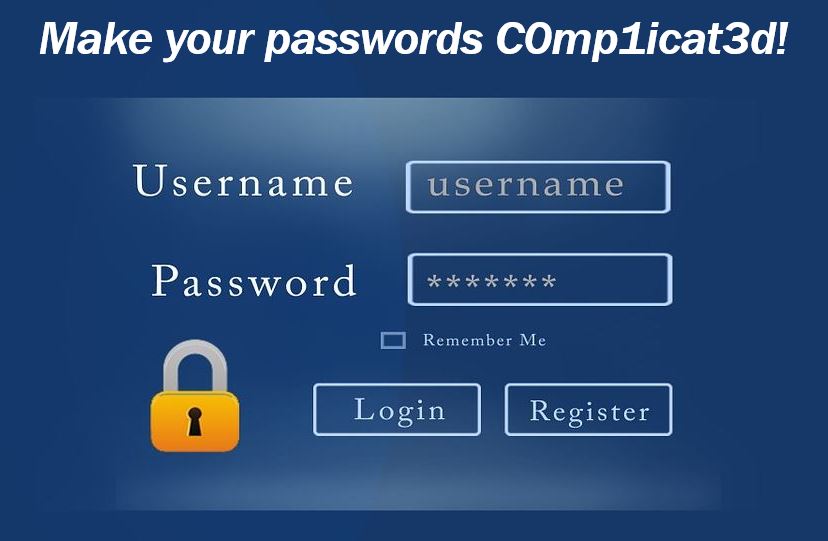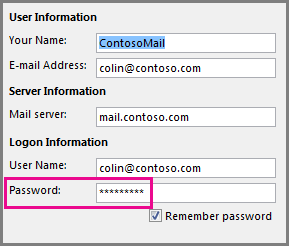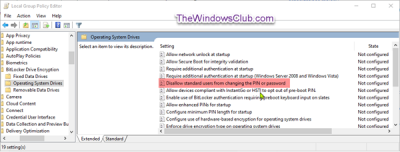

- Stop standard accounts from changing password password#
- Stop standard accounts from changing password series#
How do hackers get passwords from data breaches?

Stop standard accounts from changing password password#
You can check to see if your passwords have been exposed using Aura’s free leaked password scanner. With hackers targeting companies from Facebook to Marriott to Equifax, there’s a good chance that at least one of your accounts has been compromised. Malicious hackers break into databases and steal information to either use in scams or sell on the Dark Web. In the past year alone, billions of user passwords, logins, and other pieces of personal information have been stolen and leaked in data breaches. Here are the ways that hackers get passwords - and what you can do to stop them from getting yours. But how do hackers get passwords in the first place? Maybe you’ve already seen some warning signs. Buying passwords leaked in data breaches.10 Scams Hackers Use To Get Your Passwords

Try Aura’s #1-rated identity theft protection free for 14 days to secure your identity against scammers. ✅ Take action: If hackers have your passwords, it could put your bank account, email, or other accounts at risk. Pay attention if someone tells you that they received strange messages from “your” account. If hackers gain access to your accounts, they’ll often try to scam your friends and family. Friends and family members receive weird messages from you online.
Stop standard accounts from changing password series#
In April 2022, a series of ransomware attacks hit 27 government bodies in Costa Rica, leading the country to declare a national emergency. Hackers can use malware to encrypt your files and programs, then lock you out until you pay them to regain control. Hackers might sell your passwords to other criminals, which puts you at risk of identity theft or financial fraud.

Access your email and social media accounts.Once someone knows your login credentials, they could: If hackers gain access to your passwords, they can do serious damage to your finances, reputation, and online identity. 5 Red Flags That Your Passwords Have Been Hacked Read on as we explore the warning signs of password cracking, explain how hackers get passwords, and offer actionable advice to protect your online accounts from cyberattacks. If you think your passwords are safe, think again. If you make this mistake, a hacker could compromise all of your accounts with a single attack.īut how do hackers get passwords in the first place? And what can you do to protect yourself and your family from becoming victims? But maybe even worse, 62% of Americans say they use the same password across multiple accounts to avoid having to remember unique passwords. Over half of Americans say they haven’t changed their passwords in the past year - even after hearing about a data breach in the news. But despite the growing threat, few Americans do enough to keep their passwords safe. If fraudsters steal your passwords, they could hack your email and bank accounts and even steal your identity. The hackers then unlawfully accessed Uber's internal systems and even downloaded information off of a finance tool. The contractor's personal device had been infected with malware leaving any information on the device vulnerable. In September 2022, malicious hackers purchased a password that belonged to an Uber contractor on the Dark Web.


 0 kommentar(er)
0 kommentar(er)
